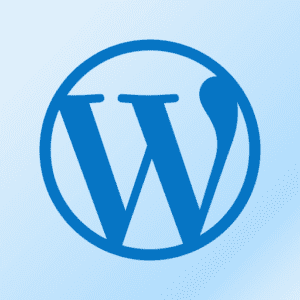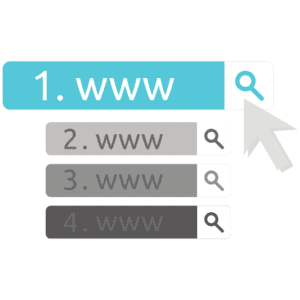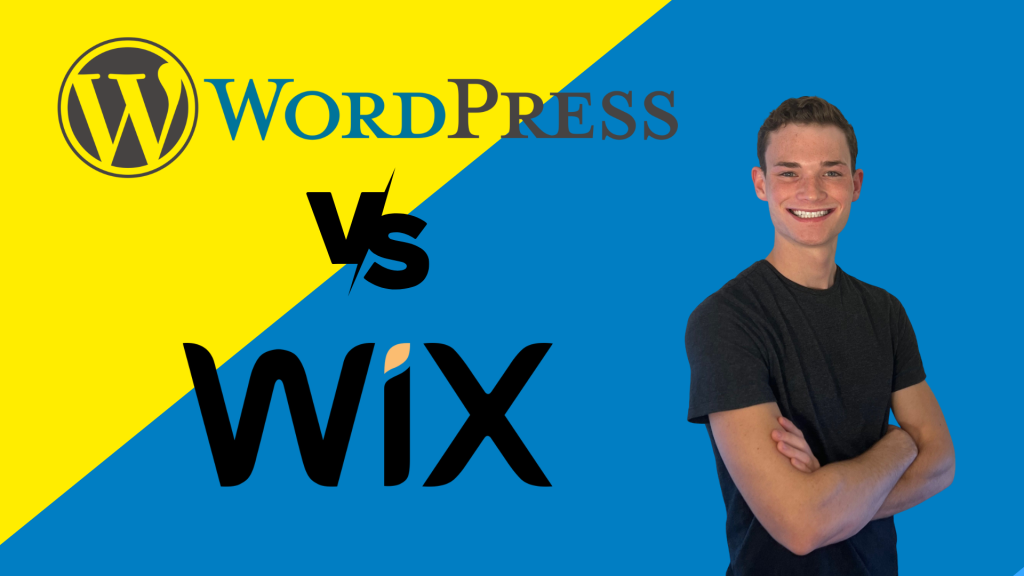[vc_row][vc_column][vc_column_text]If you’re planning to build a website for your business, you’ll quickly realize that there are numerous website building platforms to choose from. Two of the most popular website building platforms are WordPress and Wix. Both platforms have their strengths and weaknesses, and choosing the right one can be a daunting task. In this article, we’ll compare and contrast WordPress and Wix and help you choose the right platform for your business needs.[/vc_column_text][vc_empty_space][vc_video link=”https://youtu.be/eaPNr26WKEs” align=”center”][vc_empty_space][vc_column_text]
What is WordPress?

WordPress is an open-source content management system that was initially developed as a blogging platform. However, over the years, it has evolved into a powerful website building platform that powers over 40% of all websites on the internet. WordPress provides complete control and customization over the website’s design, content, and functionality.
What is Wix?

Wix is a cloud-based website building platform that allows users to create websites using drag-and-drop tools. Wix provides a user-friendly interface and requires no coding knowledge to build a website. Wix has over 180 million users worldwide and is one of the most popular website building platforms.
Customization:

One of the biggest advantages of WordPress over Wix is customization. WordPress is an open-source platform, which means that users have complete control over the website’s code. This allows users to customize the website’s HTML, CSS, and JavaScript to optimize it for search engines. WordPress provides thousands of free and premium themes and plugins that allow users to customize their website’s design and functionality.
Wix, on the other hand, has limited customization options. While Wix does provide a drag-and-drop interface that allows users to customize their website’s design, it has limited options when it comes to customizing the website’s code. Wix users are limited to the platform’s built-in features, and while Wix does provide some customization options, they are limited compared to WordPress.
Winner: WordPress
SEO:

Search engine optimization (SEO) is an essential aspect of website building. SEO helps websites rank higher on search engine results pages (SERPs), which can drive more traffic to the website. WordPress provides a wide range of SEO plugins such as Yoast SEO, All in One SEO Pack, and RankMath, which provide advanced SEO features such as XML sitemap generation, meta title and description optimization, and content analysis. These plugins allow users to optimize their website for search engines without any coding knowledge.
Wix, on the other hand, has limited SEO plugins and features. While Wix does provide some basic SEO tools, it does not provide the same level of SEO features as WordPress. Wix’s SEO features are limited, and users are dependent on the platform’s built-in features.
Winner: WordPress
Performance:

Website performance is an essential aspect of website building. Website loading speed is a crucial factor in website performance, and slow loading speed can negatively impact user experience and search engine rankings. WordPress allows users to optimize their website’s performance by using caching plugins, image optimization plugins, and other performance optimization tools. This can significantly improve the website’s loading speed, which is an important ranking factor for search engines.
Wix, on the other hand, has limited performance optimization options. While Wix does provide some performance optimization tools, they are limited compared to WordPress. Wix users are dependent on the platform’s built-in features, and there is little scope for customization.
Winner: WordPress
Blogging:

Blogging is an important SEO strategy, as search engines prefer websites that regularly publish fresh and relevant content. WordPress was originally designed as a blogging platform, and it provides a robust blogging platform that allows users to publish, manage, and promote their blog posts. WordPress provides a range of advanced blogging features such as categories, tags, post scheduling, featured images, and more. WordPress also provides a wide range of blogging plugins such as Jetpack, WPForms, and Akismet that make it easy for users to create and manage their blog.
Wix, on the other hand, has limited blogging options. While Wix does provide a blogging platform, it is not as robust as WordPress. Wix’s blogging features are limited, and users are dependent on the platform’s built-in features.
Winner: WordPress
URL Structure:

URL structure is an important factor in SEO. A well-structured URL can help search engines understand the website’s content and improve its rankings. WordPress allows users to customize their website’s URL structure, which can significantly improve their website’s SEO. WordPress allows users to customize the URL structure of each page and post, which makes it easy for search engines to understand the website’s content.
Wix, on the other hand, has limited URL customization options. Wix users are dependent on the platform’s built-in URL structure, which can limit their SEO capabilities.
Winner: WordPress
Ease of Use:

Ease of use is an essential factor when it comes to website building. WordPress provides a steep learning curve and requires some technical knowledge to use effectively. However, WordPress provides a wide range of tutorials, documentation, and support forums that make it easy for users to learn and use the platform effectively.
Wix, on the other hand, is incredibly user-friendly and requires no coding knowledge to use effectively. Wix’s drag-and-drop interface makes it easy for users to build a website without any technical knowledge.
Winner: Wix
Cost:

Cost is an important factor when it comes to website building. WordPress is a free and open-source platform, which means that users can download and use the platform for free. However, users will need to purchase web hosting and a domain name to use WordPress effectively.
Wix, on the other hand, provides a range of pricing plans that allow users to build a website without purchasing web hosting and a domain name. Wix’s pricing plans range from free to $29 per month, depending on the user’s needs.
Winner: Wix
Conclusion:
Both WordPress and Wix are popular website building platforms, and each has its strengths and weaknesses. WordPress provides complete control and customization over the website’s design, content, and functionality, making it an excellent choice for users who want complete control over their website. WordPress also provides a wide range of SEO plugins and performance optimization tools that make it easy for users to optimize their website for search engines.
Wix, on the other hand, is incredibly user-friendly and requires no coding knowledge to use effectively. Wix provides a range of pricing plans that make it easy for users to build a website without purchasing web hosting and a domain name.
In conclusion, if you’re looking for complete control and customization over your website, then WordPress is the better choice. If you’re looking for an easy-to-use website building platform that requires no coding knowledge, then Wix is the better choice.[/vc_column_text][/vc_column][/vc_row]

